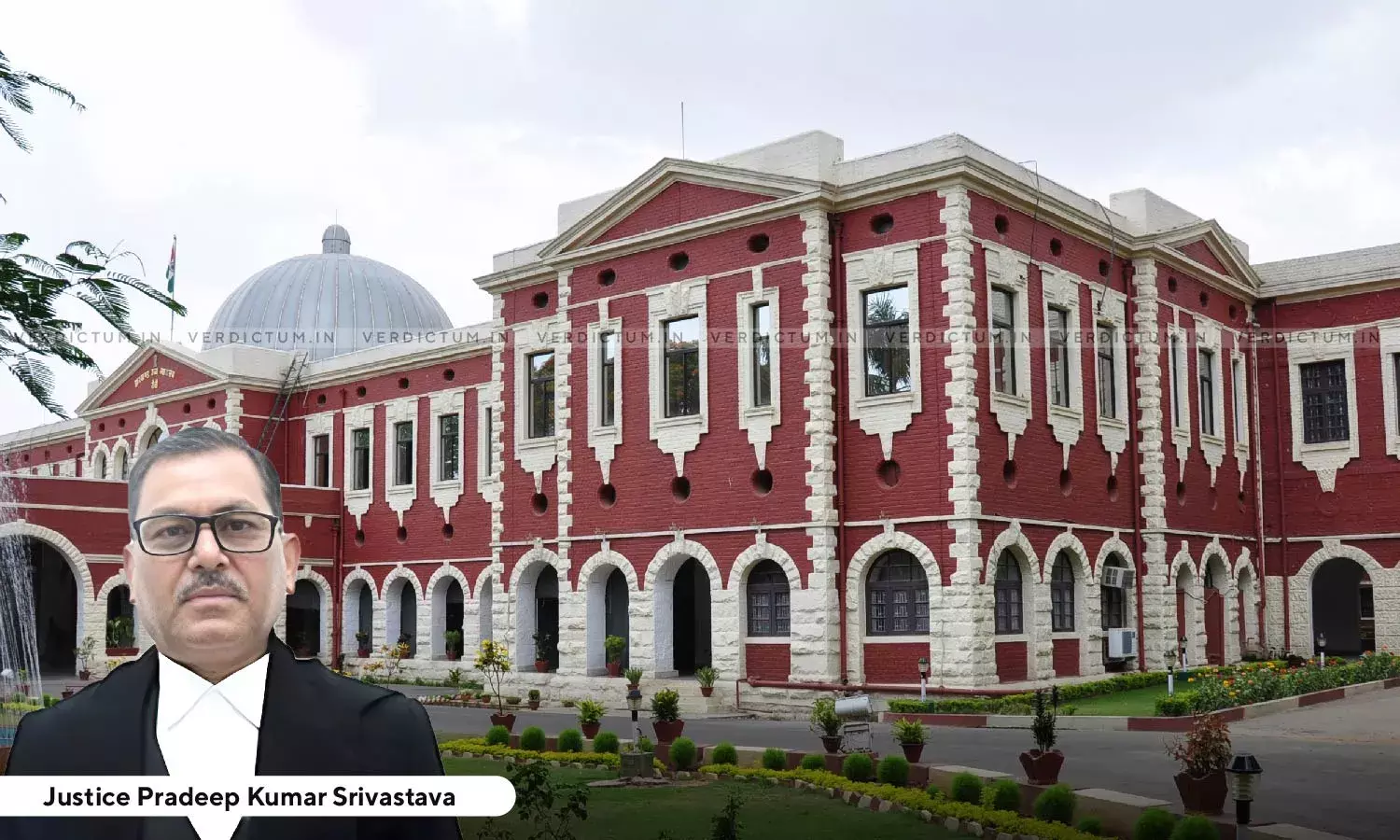A Dishonest Drawer Of Cheque Can’t Get A Premium From His Own Default: Allahabad HC Sets Aside Acquittal In Cheque Bounce Case
The Jharkhand High Court set aside an Appellate Court Judgment of acquittal in cheque bounce case observing that a dishonest drawer of cheque can’t get a premium from his own default.
The Court said that the Trial Courts must always adhere to the aims and object of giving notice to the accused and examine the contents of complaint petition at the very stage of its registration and ensure that all legal formalities are complied with as prescribed under Sections 138 and 142 of the Negotiable Instruments Act, 1881 (NI Act).
The Court emphasised thus in a criminal revision filed against the judgment of acquittal passed by the Additional Sessions Judge.
A Single Bench of Justice Pradeep Kumar Srivastava observed, “Accordingly, a dishonest drawer of cheque can’t get a premium from his own default. It is not out of place to observe that the learned trial courts must always adhere to the aims and object of giving notice to accused and examine the contents of complaint petition at the very stage of its registration and ensure that all legal formalities are complied with as prescribed under section 138 & 142 of N.I. Act, so as to alleviate any technical issue to crop up at the trial.”
Advocate Ravi Prakash Mishra appeared for the petitioner while Advocate Arun Kumar appeared for the opposite parties.
Facts of the Case -
The petitioner (complainant) entered into an agreement with the opposite party who was dealing with the business of plastic materials to supply quality goods and thereby advanced Rs. 90,000/- in the month of September, 2007 but the opposite party did not supply the materials as agreed between the parties and upon persistent demand of the advance money, the opposite party issued two cheques of Rs. 45,000/- and another cheque of Rs.45,000/- respectively. It was alleged that the complainant presented the said cheque which was returned with remark of “insufficient fund” by the banker under memo of notice.
It was further alleged that the Branch Manager of the Bank instead of sending original cheque and cheque return memo, by mistake sent to the opposite party, which was received by him. Subsequently, the Branch Manager issued duplicate cheque return memo in favour of the complainant. Hence, the complainant sent a legal notice through registered post with A/D demanding the cheque amount from the opposite party but he neither replied to the notice nor paid the amount. Hence, the complaint was lodged.
The High Court in view of the above facts noted, “Now coming to the points of consideration involved in this case, in the light of above discussions and principles of law propounded by the Hon’ble Apex Court, it is crystal clear that in the instant case, legal notice was issued on 19.12.2007 and the complaint was instituted just within one month i.e. 18.01.2008. As per presumptions under section 114 of Illustration(f) of the Evidence Act and section 27 of General Clauses Act, the service of notice upon the accused within a reasonable time is to be deemed and anything otherwise has to be rebutted by the accused by leading evidence.”
The Court added that in this case, there is no denial of existence of legal liability of the accused which was never discharged, the issuance of cheque under signature of the accused is also admitted fact and it is also not disputed that the notice was not sent on correct address of the addressee, the simple denial from the receipt of the notice does not entail any adverse consequences.
“The complainant is not required to prove the service of notice on accused before institution of the case. In the instant case, the drawer has not denied about receipt of copy of complaint with summons and he appeared and contested the case throughout without raising any other substantial issues absolving him from the legal liability”, it said.
Furthermore, the Court noted that the plea taken by the accused has no legal substance and that the Appellate Court has miserably failed to properly appreciate the entire aspects of the case in true perspectives and without adverting to the provisions of law as well as principles propounded by the Apex Court, and arrived at illegal conclusion while reversing the judgment of the Trial Court in convicting the accused for the offence under Section 138 NI Act.
Accordingly, the High Court allowed the revision application, set aside the impugned judgment, and remitted back the case to the Appellate Court to re-hear the appeal.
Cause Title- Sunil Kumar Bhagat v. The State of Jharkhand & Anr.




